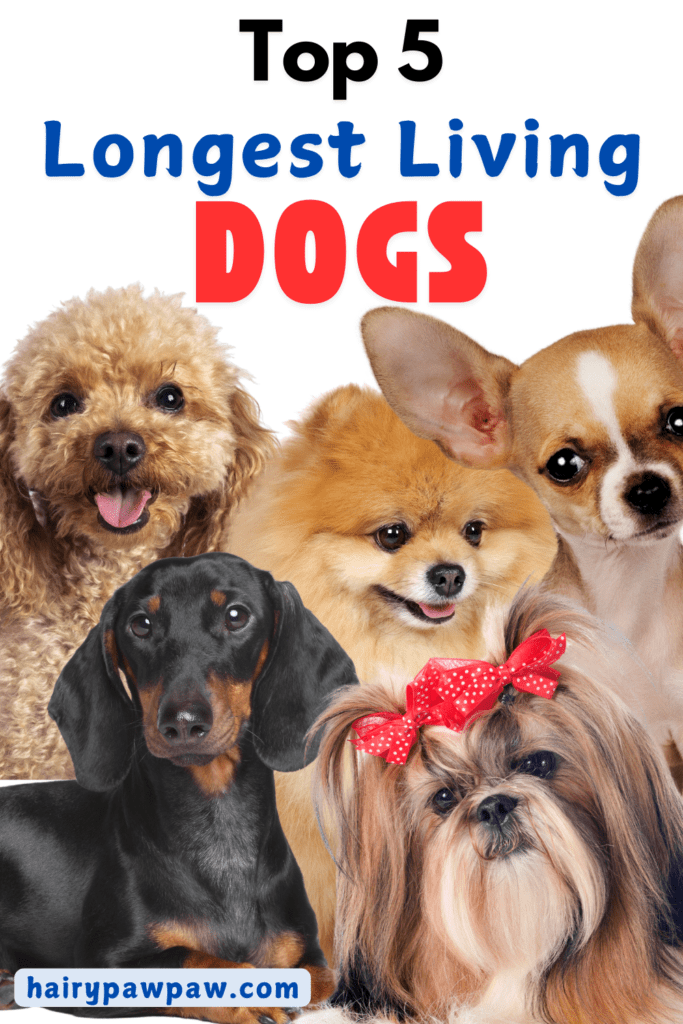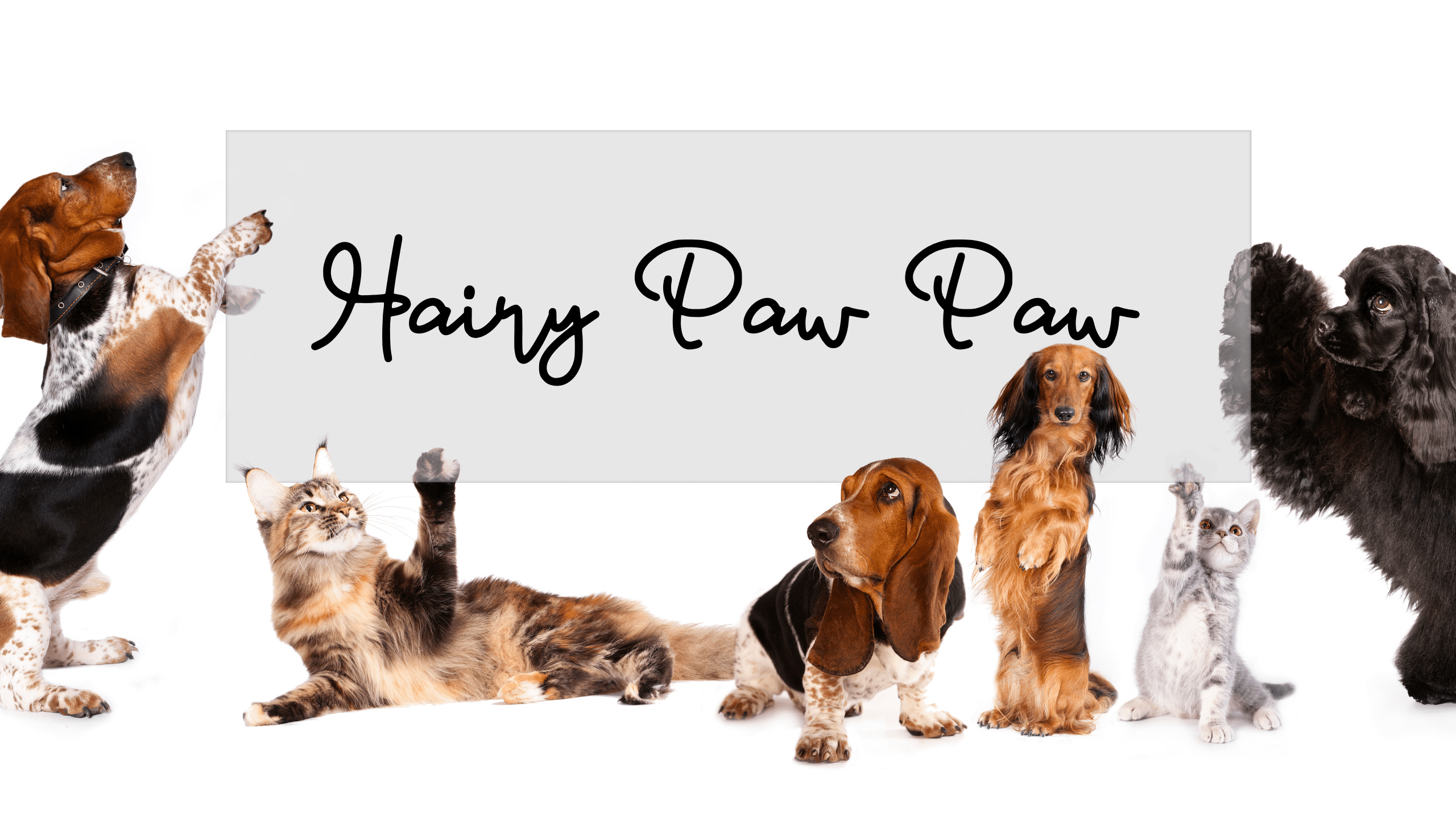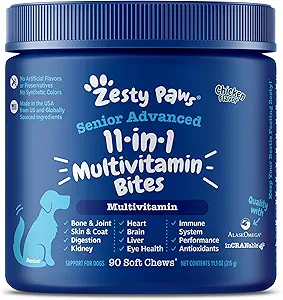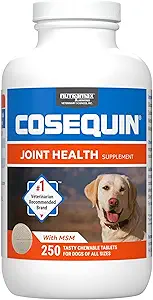This “Optimizing Your Poodle’s Diet for Better Health” post may contain affiliate links, which means I’ll receive a commission if you purchase through my link, at NO EXTRA COST TO YOU
Optimizing Your Poodle’s Diet for Better Health
Ensuring your Poodle enjoys optimal health starts with a balanced and nutritious diet. As a unique breed, Poodles benefit from specific dietary choices that support their energy, coat health, and overall well-being. This guide explains everything you need to know about creating the ideal diet for your Poodle.

Why Diet Matters for Poodles
Diet directly impacts your Poodle’s health, appearance, and happiness. Poodles come in three sizes—Standard, Miniature, and Toy—and each size has unique nutritional requirements. Because of their active, intelligent nature, Poodles require diets that provide adequate protein, fats, and essential nutrients. By meeting these needs, you help protect your dog from common health issues, including joint problems, allergies, and digestive issues. In short, feeding the right diet supports a long, healthy life for your Poodle.
Understanding the Core Nutrients for Poodles
- Protein
Protein supports muscle development, especially for active dogs like Poodles. It also aids in growth and tissue repair. The ideal diet should contain 20-30% protein, with a focus on high-quality sources like chicken, beef, and fish. Additionally, protein from animal sources offers essential amino acids that your Poodle needs. - Fats
Healthy fats provide energy and support skin and coat health. Omega-3 and Omega-6 fatty acids, in particular, benefit Poodles by promoting a shiny coat and reducing inflammation. Look for fish oil, flaxseed, or chicken fat in your Poodle’s food. Aim for 10-15% fat in their diet, as excess fat can lead to weight gain. - Carbohydrates
Carbohydrates act as a quick energy source. Although dogs don’t need carbohydrates as much as humans, a moderate amount from sources like sweet potatoes, brown rice, and peas can benefit Poodles. Avoid fillers like corn and soy, as they may cause allergies or digestive issues. - Fiber
Fiber aids digestion and helps regulate your Poodle’s bowel movements. Foods with moderate fiber content, such as pumpkin, carrots, and green beans, promote gut health without causing bloating. Too much fiber, however, can lead to loose stools. - Vitamins and Minerals
Vitamins and minerals support immune function, bone health, and more. Ingredients like carrots, spinach, and blueberries supply essential vitamins like A, C, and E, which protect your Poodle from oxidative stress. Calcium and phosphorus, found in foods like fish and bone meal, strengthen bones and teeth.
The Importance of High-Quality Ingredients
Choose high-quality dog food with clear labeling and minimal artificial additives. Some brands use by-products, which contain lower-quality ingredients. To ensure premium quality, select foods with specific protein sources listed, like “chicken” or “salmon,” rather than vague terms like “meat meal.” Furthermore, avoid artificial preservatives, which can trigger allergies or digestive upset.
Tailoring Your Poodle’s Diet by Life Stage
- Puppies
Puppy Poodles need more protein and fat to support growth and high energy levels. Look for foods labeled specifically for puppies, with protein levels around 28-30%. Divide meals into three or four smaller portions to prevent overeating and aid digestion. - Adults
For adult Poodles, balance becomes essential. An ideal adult diet contains 20-25% protein and moderate fat. If your Poodle leads a highly active lifestyle, you might increase protein slightly to maintain muscle tone. Feed two meals daily to support steady energy levels. - Seniors
Older Poodles benefit from lower-calorie diets, as they tend to exercise less and need fewer calories to avoid weight gain. Senior diets often include added joint-supporting ingredients like glucosamine and chondroitin, which help prevent arthritis and joint issues. Look for formulas specifically designed for senior dogs, and feed smaller meals twice daily to aid digestion.
Wet vs. Dry Food: What’s Best for Poodles?
Both wet and dry foods offer advantages, but a blend of both often works best. Dry kibble provides convenience and promotes dental health, while wet food adds moisture, which helps prevent dehydration. For picky eaters, mixing wet and dry food can increase appeal. Additionally, monitor your Poodle’s hydration by ensuring fresh water remains available at all times.
Managing Portion Sizes for a Healthy Weight
Maintaining a healthy weight in Poodles lowers the risk of health issues like diabetes and joint problems. Overfeeding often leads to obesity, so portion control is key. Check food labels and feed according to your dog’s size and activity level. Generally, smaller portions spread over two meals maintain steady energy levels without excess weight gain.
Adding Supplements to Boost Health
Consider adding these supplements to your Poodle’s diet, but always consult your veterinarian first:
- Glucosamine and Chondroitin: These joint-supporting supplements help prevent arthritis, especially in larger Poodles prone to joint issues.
- Probiotics: Probiotics aid digestion and improve gut health, particularly helpful for Poodles with sensitive stomachs.
- Omega-3 Fatty Acids: Omega-3s promote coat shine and reduce inflammation, ideal for Poodles prone to skin sensitivities.
Foods to Avoid
Certain foods can harm your Poodle’s health. Avoid the following:
- Chocolate: Toxic to dogs and can cause severe illness.
- Grapes and Raisins: These can cause kidney failure in dogs.
- Onions and Garlic: Both can damage red blood cells and lead to anemia.
- Xylitol: A common sugar substitute, xylitol causes rapid insulin release and can lead to hypoglycemia.
By avoiding these harmful foods, you protect your Poodle from accidental poisoning and illness.
Monitoring and Adjusting Diet for Optimal Health
Regular check-ups with your veterinarian allow you to track your Poodle’s health and make dietary adjustments. Watch for changes in weight, energy levels, and coat condition, as these can indicate nutritional deficiencies. For instance, a dull coat might suggest a lack of Omega-3s, while low energy might mean a need for higher-quality protein.
Homemade vs. Commercial Diets: What Works Best?
Homemade diets can offer customization, but they require careful planning. If you choose this route, consult a veterinary nutritionist to ensure balance. For most owners, high-quality commercial diets provide a more practical option, as they contain balanced nutrients tailored to different life stages. Look for reputable brands that emphasize quality ingredients and avoid fillers.
Creating a Mealtime Routine
A consistent routine reduces anxiety and improves digestion. Set specific times for meals and avoid feeding too late at night to prevent digestive issues. A quiet, comfortable feeding area without distractions helps your Poodle eat calmly and finish their meal.
Final Tips for Optimizing Your Poodle’s Diet
- Choose high-quality food with clearly listed ingredients.
- Avoid foods with fillers, artificial additives, and by-products.
- Adjust portion sizes based on your dog’s activity level and size.
- Add supplements if recommended by your veterinarian.
- Monitor health changes and consult your vet if needed.
With these guidelines, you support your Poodle’s health through every stage of life. By focusing on balanced nutrition, you set the foundation for a long, healthy life filled with energy and vitality.

Top 5 Dog Breeds with Remarkable Longevity
When you bring a dog into your life, you hope for a loyal companion who will stay with you as long as possible. Many factors affect a dog’s lifespan, including genetics, diet, exercise, and overall care. However, some breeds stand out for their impressive longevity. In this guide, we explore the top five dog breeds known for their long lives, offering insights into their personalities, health needs, and ways to keep them thriving.




